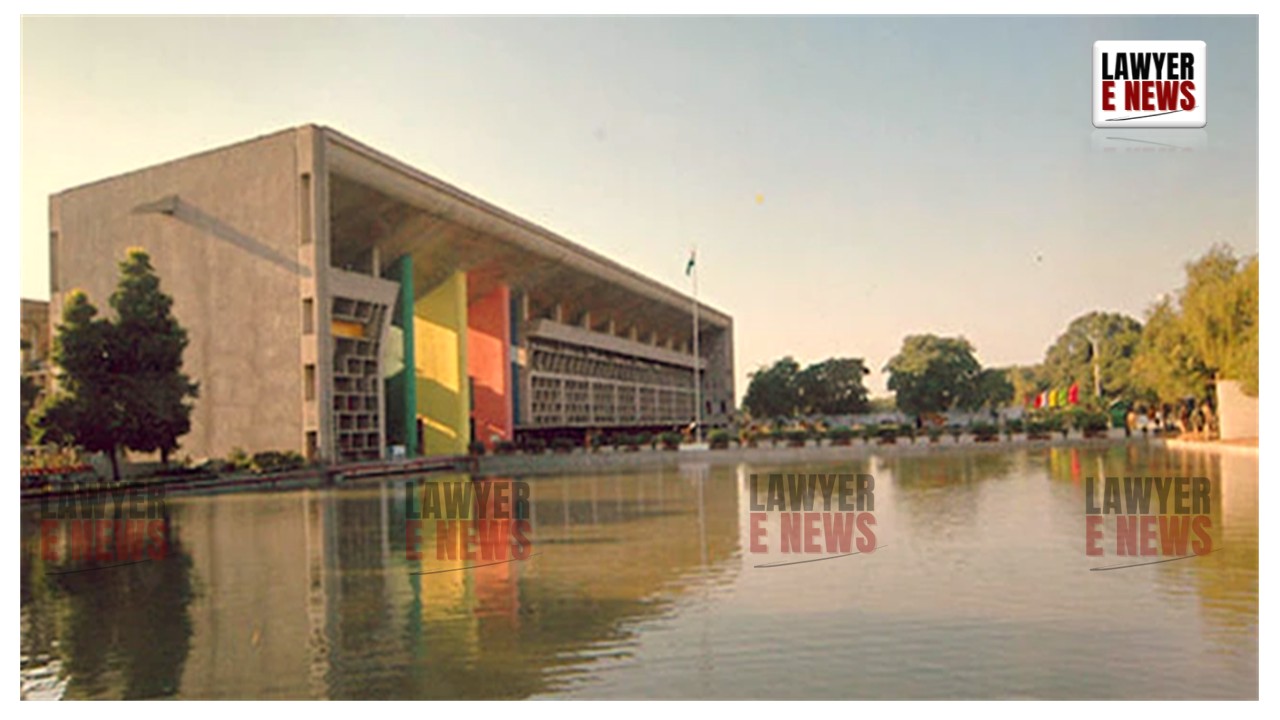-
by Admin
15 February 2026 5:01 PM



The Punjab and Haryana High Court dismissed a petition challenging the trial court's refusal to appoint a Local Commissioner under Order 26 Rule 9 of the Code of Civil Procedure (CPC). The petitioners had sought the appointment of a Building Expert or Engineer to ascertain the age of a disputed house in a possession suit. Justice Vikas Bahl upheld the trial court's decision, reiterating that the appointment of a Local Commissioner is a discretionary power, not a vested right, and cannot be used as a tool to shift the burden of proof onto the court.
The petition arose from a suit for possession and injunction filed by the respondents, who claimed ownership of the disputed property. The respondents alleged that the petitioners had taken forcible possession of the property after an earlier suit filed by the respondents’ son was dismissed in 2011. The petitioners sought to introduce evidence regarding the age of the construction to support their defense and filed an application under Order 26 Rule 9 CPC for the appointment of a Local Commissioner. The trial court dismissed the application, reasoning that determining the age of the building was irrelevant to the core issue of possession and injunction and that the defendants should independently lead evidence to support their claims.
Justice Bahl upheld the trial court’s reasoning, noting that the primary issue in the case was whether the respondents were entitled to possession of the disputed property. The age of the building, therefore, had no bearing on the substantive issue at hand. The court highlighted that Order 26 Rule 9 CPC is an enabling provision intended to assist the court in clarifying matters in dispute when deemed necessary. It does not create a vested right in any party to demand the appointment of a Local Commissioner. The trial court was well within its discretion to refuse the application, particularly as the petitioners had sought to use the appointment to gather evidence in their favor, which is impermissible.
In reaching its conclusion, the High Court referred to established precedents, including the Division Bench ruling in Pritam Singh v. Sunder Lal (1990), which held that an order refusing to appoint a Local Commissioner does not decide the substantive rights of the parties and is therefore not revisable. The court also relied on subsequent judgments, such as Harchand v. Karambir Singh and Another (2022) and Smt. Ulfat v. Hardeep Singh (2011), which reaffirmed that such discretionary orders are not subject to revisional jurisdiction under Section 115 CPC or supervisory jurisdiction under Article 227 of the Constitution.
The High Court further emphasized the limited scope of its supervisory jurisdiction under Article 227. Citing the Supreme Court’s decision in Surya Dev Rai v. Ram Chander Rai and Others (2003), the court noted that supervisory jurisdiction is not intended to correct mere errors of law or fact unless there is a manifest illegality or gross injustice. In this case, the trial court’s decision did not exhibit any such irregularity or injustice warranting interference.
The judgment also stressed that the role of the court is not to collect evidence on behalf of the parties. The responsibility to produce evidence lies with the parties themselves. Allowing the appointment of a Local Commissioner in this instance would effectively shift the burden of proof from the petitioners to the court, which is contrary to procedural law and principles of justice.
In dismissing the petition, the High Court concluded that the trial court’s order was reasoned, fair, and consistent with established legal principles. The refusal to appoint a Local Commissioner did not prejudice the substantive rights of the petitioners, nor did it result in any miscarriage of justice. Consequently, the revision petition was deemed meritless and dismissed without costs.
The decision reinforces the principle that the appointment of a Local Commissioner under Order 26 Rule 9 CPC is a matter of judicial discretion and is not open to challenge unless there is a clear violation of law or manifest injustice. It also underscores the limited scope of revisional and supervisory jurisdiction in such matters, ensuring that trial courts retain their autonomy in managing procedural aspects of litigation.
Date of Decision: November 22, 2024
